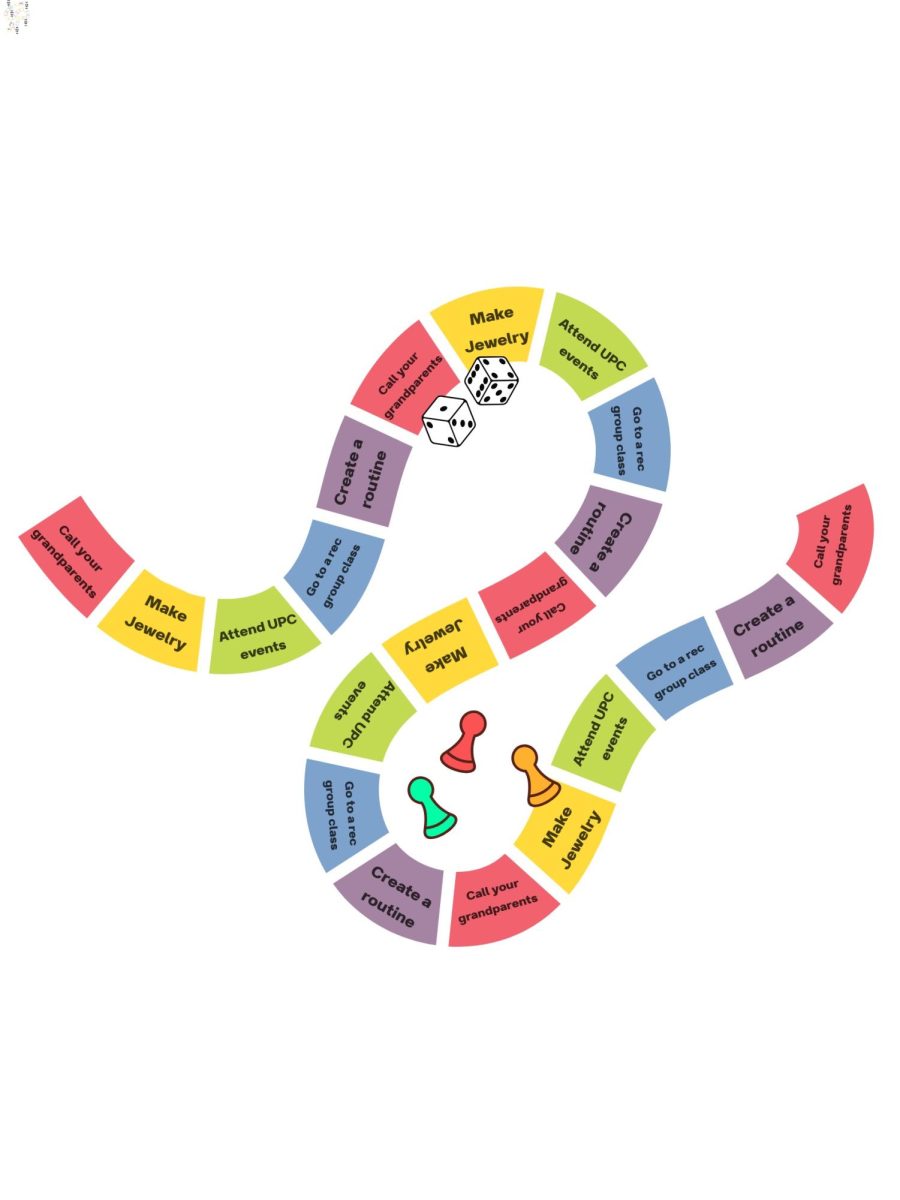Introduction
Investment education is crucial for building wealth and securing financial futures. With the rise of online learning, beginners have more access than ever to investment courses. This guide will help you navigate the options, ensuring you select a course that aligns with your goals and provides valuable insights. Learn more here if you are looking for a website that connects you to investment education firms that can help you along your investment journey.
Understanding Your Investment Goals
Before choosing an online investment course, it’s essential to identify your investment objectives. Are you looking to save for retirement, accumulate wealth, or prepare for a major purchase? Your goals will influence the type of course that’s right for you.
Consider your risk tolerance and financial capacity as well. Courses vary in their approach to risk management and investment strategies, so find one that matches your comfort level and financial situation. For instance, if you are risk-averse, seek out courses that focus on conservative investment strategies.
Types of Online Investment Courses
Online investment courses generally fall into several categories:
- Self-paced vs. Instructor-Led: Self-paced courses allow you to learn on your schedule, which is ideal if you have a busy lifestyle. Instructor-led courses offer structured timelines and real-time interaction with educators, which can be beneficial if you prefer a more guided learning experience.
- Specialized vs. General Courses: Specialized courses focus on specific areas such as stocks, bonds, real estate, or ETFs, catering to those with specific interests. General courses provide a broad overview of various investment topics, which might be suitable if you’re just starting.
- Free vs. Paid Courses: Free courses can be a great starting point, offering basic knowledge at no cost. However, paid courses often provide more in-depth content, personalized support, and higher-quality resources, which may justify the investment.
Key Features to Look for in an Online Investment Course
When evaluating online investment courses, consider the following features:
- Curriculum and Course Structure: Look for a curriculum that covers essential topics comprehensively. A well-structured course should offer a clear progression from basic to advanced concepts, helping you build knowledge incrementally.
- Accreditation and Certification: Accredited courses or those offering certification can add credibility to your learning experience. Certifications from reputable institutions or industry bodies can enhance your credentials and provide additional value.
- Instructor Expertise and Background: Research the qualifications and experience of the instructors. Effective educators typically have extensive practical experience in investment and a track record of teaching or training.
- Interactive Elements and Support: Courses with interactive components like forums, live Q&A sessions, and mentorship can enhance your learning experience. These features provide opportunities for clarification and deeper engagement with the material.
Evaluating Course Content and Quality
To ensure you’re selecting a high-quality course, consider:
- Course Reviews and Ratings: Look for reviews and ratings from previous students. Platforms like Coursera, Udemy, and LinkedIn Learning often feature user reviews that can offer insights into the course’s effectiveness and value.
- Sample Materials and Free Trials: Many courses offer sample lessons or free trials. Use these to assess the course’s quality and whether it meets your learning style and needs.
- Course Updates and Relevance: Investment strategies and market conditions evolve, so the course content should be current. Ensure that the course regularly updates its materials to reflect the latest trends and information.
Cost vs. Value: Is the Investment Worth It?
Assess the cost of the course relative to the value it offers:
- Comparing Course Costs: Compare the cost of different courses, noting what’s included in the price. Some courses offer additional resources like eBooks, webinars, or one-on-one coaching.
- Assessing Value for Money: Consider whether the course’s content, support, and accreditation justify the cost. A higher price doesn’t always equate to better quality, so evaluate all aspects of the course.
- Financial Aid and Discounts: Look for financial aid options or discounts that may make the course more affordable. Some platforms offer scholarships or payment plans to ease the financial burden.
Making the Final Decision
After evaluating your options, it’s time to make a decision:
- Creating a Shortlist of Potential Courses: Based on your research, create a shortlist of courses that meet your criteria. Compare them based on curriculum, cost, and additional features.
- Trial Periods and Refund Policies: Understand the terms of any trial periods or refund policies. Ensuring you have the option to test the course or get a refund if it doesn’t meet your expectations can provide peace of mind.
- Taking the Plunge: Enrolling and Getting Started: Once you’ve made your choice, proceed with enrollment. Make the most of the course by staying engaged, participating in interactive elements, and applying what you learn.
Conclusion
Choosing the right online investment course is a critical step in your investment education journey. By understanding your goals, evaluating course options, and assessing costs and value, you can select a course that will help you achieve your financial objectives. Take the time to make an informed decision, and you’ll be well on your way to becoming a knowledgeable and successful investor.




















































































































